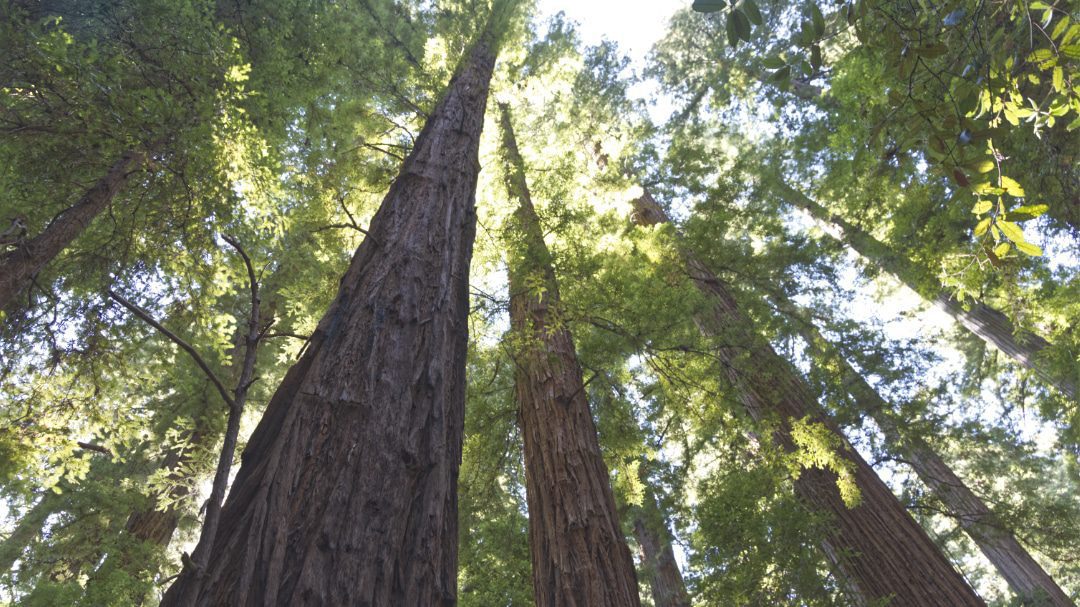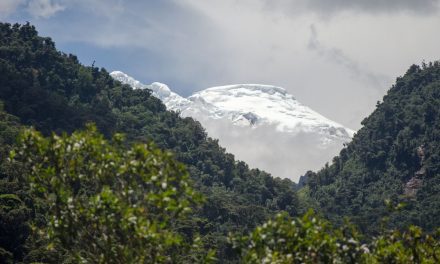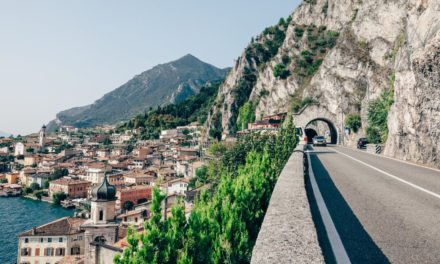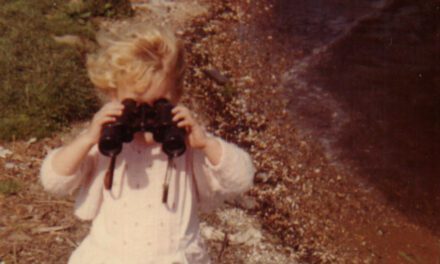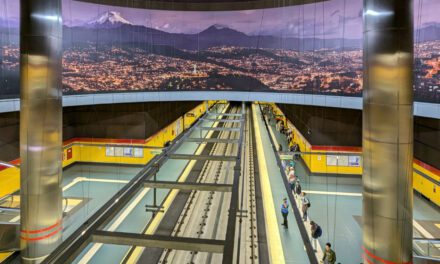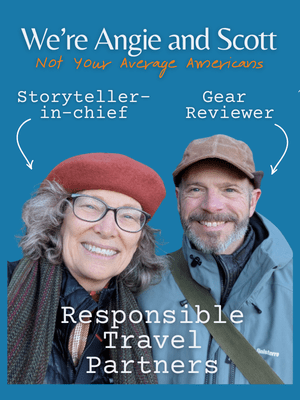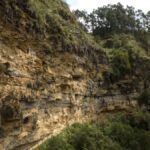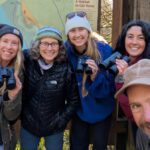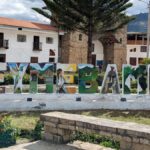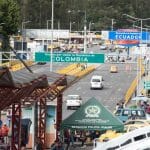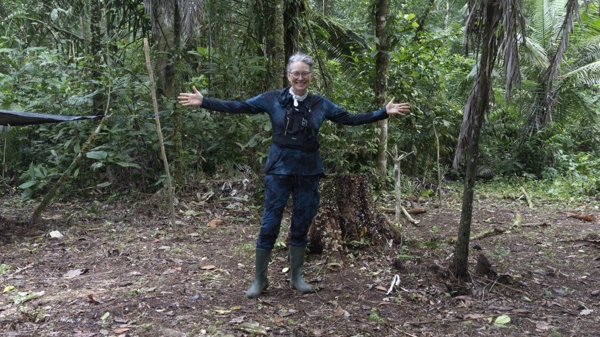First published on September 26, 2025 • Last updated on September 26, 2025
This page may contain affiliate links; if you purchase through them,
we may receive a small commission at no extra cost to you.
Transformational travel provides the answer so many of us are looking for in a post-Covid-19 world.
The idea that travel can change a person is nothing new. For centuries, travel writers have shared their stories of how travel impacted their lives, enlarged their worldview, and provided moments of self-discovery. Yet travel for tourism has only existed for a short span in human history.
In 1722, the word tourist was invented to describe “one who makes a journey for pleasure, stopping here and there.” Only the rich could afford long-distance travel for extended periods of time; therefore, the word tourist was reserved for privileged travelers.
It’s only in recent history that tourism has become available to more people. Advances in transportation and the growing economy of many nations as their citizens enter the middle class have completely changed how tourism works.
Prefer to listen instead? Here is a Simple Primer to Transformational Travel
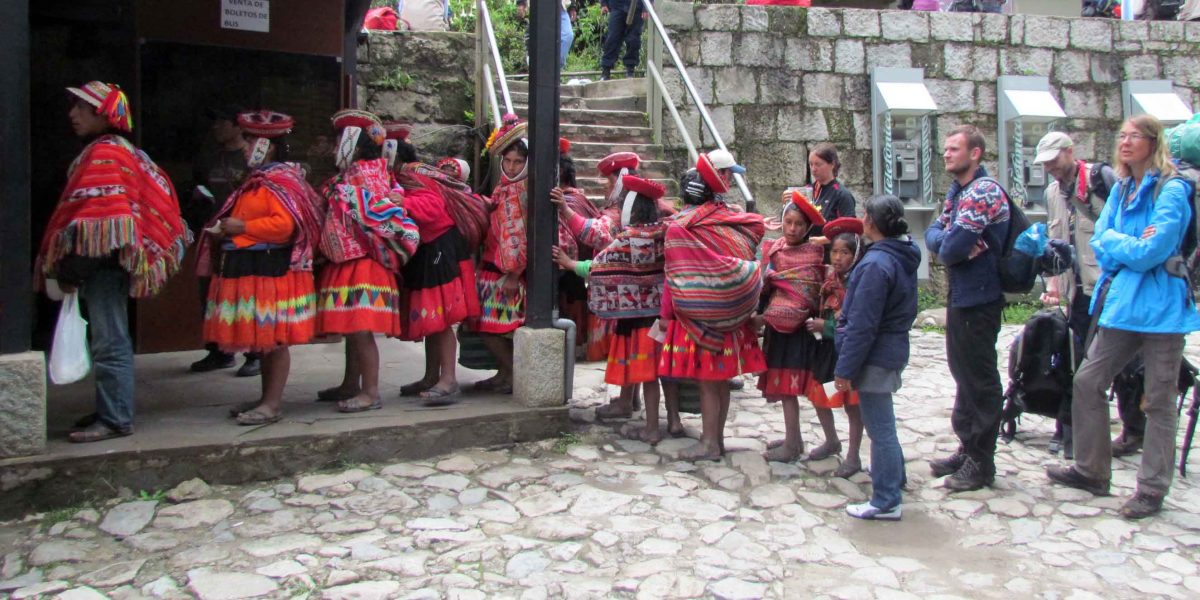
This is both a blessing and a curse. Let’s first address the curse.
The Downside of Tourism
When we travel to a mass-market destination and join hordes of other tourists to take an Instragramable photo, we are conquering a destination, adding it to our ever-growing bucket list.
When we travel to a resort where locals can only enter as employees, not as guests, we are abusing our privilege as monied citizens of the world, even when we may have saved for years for our trip.
Tourism today can be ugly. It may bring pleasure for the tourist but for the people living at the destination, it is anything but enjoyable. We only need to look at destinations like Yosemite National Park on a midsummer’s day or Venice, Italy in the high season.
The pandemic has offered tourists and tourism professionals a huge opportunity to take a deep breath and contemplate how we can do things differently.
The Upside: Regenerative Tourism
That’s where the blessing comes in. Some types of travel benefit local residents and tourists alike. When I began my studies in Sustainable Tourism Destination Management, I learned how to design a living tourism system that protects the environment, honors local residents, and provides a positive experience for visitors.
Today, many working in the tourism world see a limit to what Sustainable Tourism can offer. They promote a new term, Regenerative Tourism, implying that sustaining is no longer enough. We need to regenerate much of what we have lost. This is especially true in Western Cultures where we honor the dollar above all else. Our tourism system is broken.
What can we do to fix it? As tourists, we can practice transformational travel.
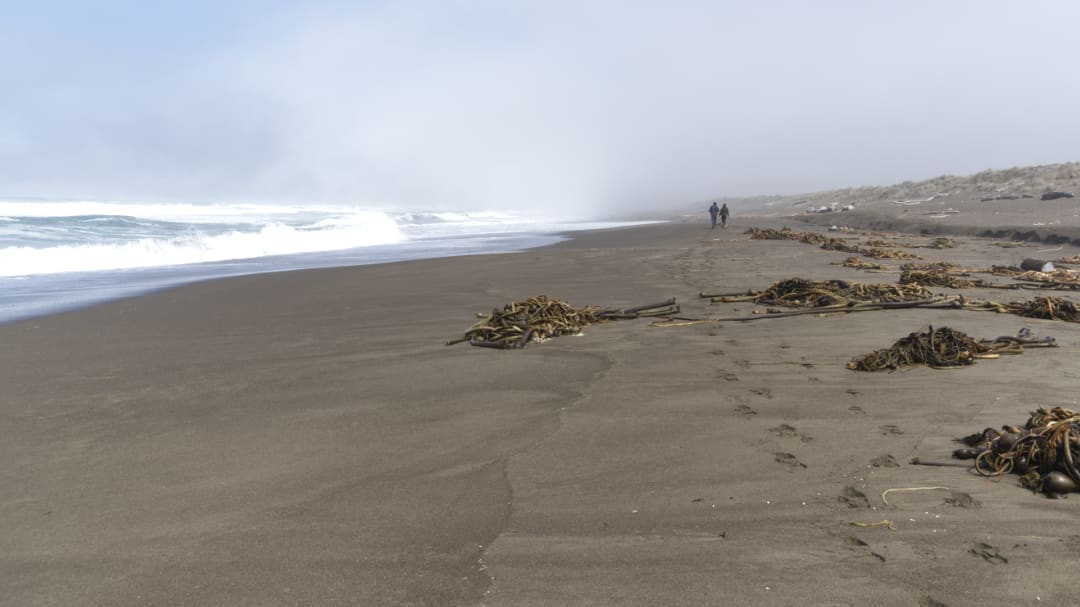
What Is Transformational Travel?
According to the Transformational Travel Council, Transformational Travel, sometimes called Transformative Travel, aims to change tourism at all levels – for the tourist, for communities practicing tourism, and for our planet. Many also call this tourism for good.
In the simplest of terms, this means encouraging practices that…
- support the environment, especially by preventing any further damage from climate change (sustaining) and by investing in practices that remove or sequester carbon from the atmosphere (regenerating).
- protect local residents from mass tourism (sustaining) and invest in those communities to provide a quality of life that respects the culture and traditions of all those living in the region (regenerating).
- honor ourselves (sustaining) while searching for ways to improve our health, both mental and physical, and pursue new ways of being with ourselves, with others, and with the world (regenerating).

How Can Tourists Practice Transformational Travel?
So you’re intrigued? Our website attracts readers like you who want to be informed about the places and the people they will visit in Ecuador and other Andean nations. That’s definitely a sign that you already practice at least some part of the transformational travel experience: You intentionally search out information to better plan your trip.
Information Gathering and Intention
Informed travelers make choices that are good for the traveler, the travel providers they will encounter, and the environment. They choose to skip heavily visited destinations, especially in the high season, and opt for lesser-visited destinations. While they might prefer to stay at an eco-lodge or a hotel that meets green standards, they also understand that small businesses often can’t afford international certifications. Therefore, the informed tourist may choose to visit a local community that is protecting a native forest even though they may not use solar energy or you have to arrive by a gas-powered boat. If they choose to travel far, they may invest in carbon offsets or donate money to plant native trees.
It’s about understanding our choices and making a conscious decision to choose better for all involved.
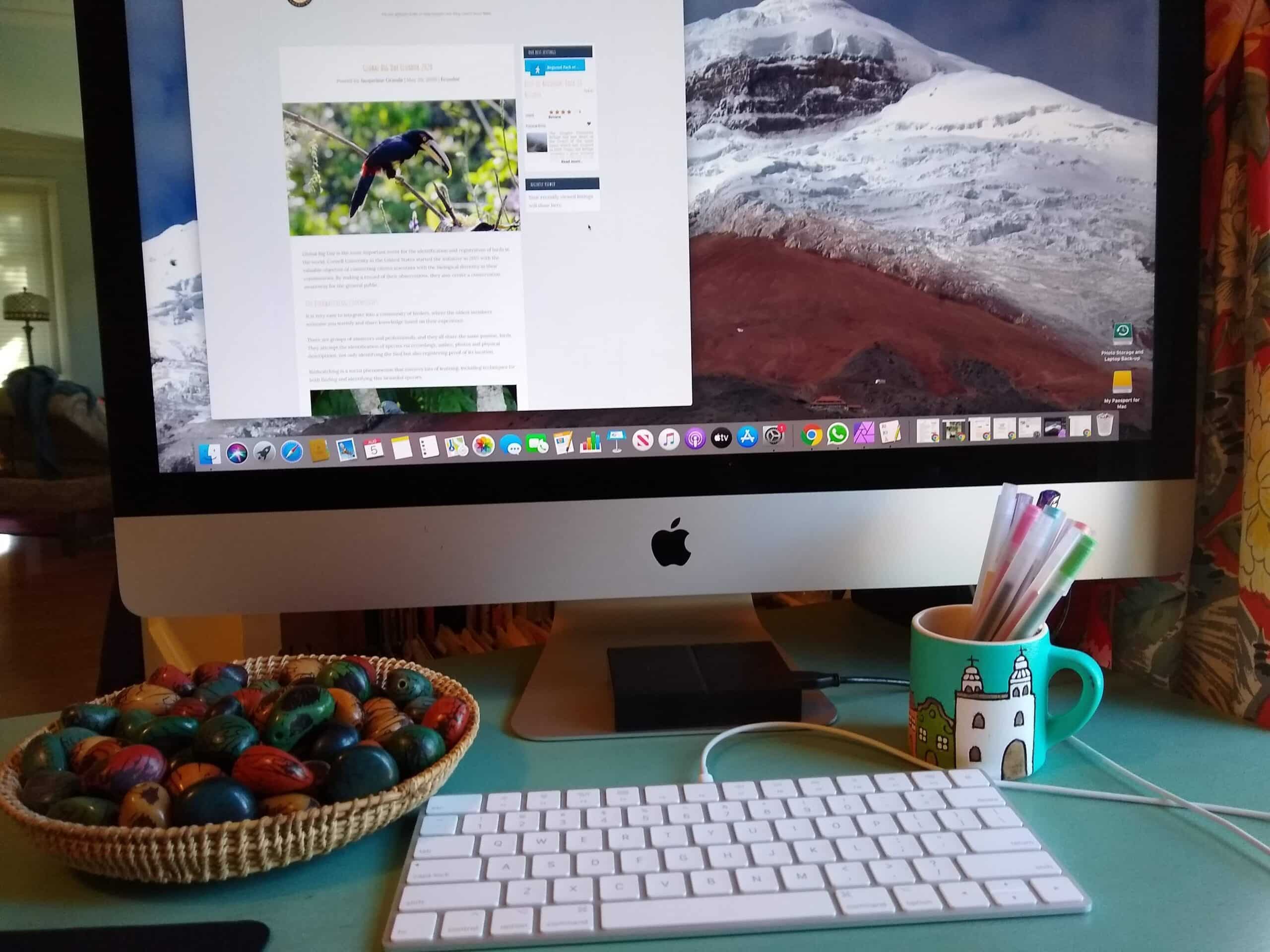
The Whys of Travel
The next step is to assess your whys of travel. The first thing that probably jumps into most of our heads is, “I need a vacation.” As a transformation traveler, your job is to truly understand why you need that vacation.
This is a very personal part of the journey. I could ask you dozens of questions to help you flesh out your why – just know that this is unique to each and every traveler. The first answer that crops up is rarely the ONLY reason.
For example, many of our clients are birdwatchers. Their immediate why is often “I want to see as many birds on my life list so I need to visit Ecuador.” However, when we start to ask more questions, it becomes apparent that many need to see more birds before age or infirmity make it difficult to travel; others are concerned that climate change will make it harder to find birds as populations diminish or disappear; others feel an adrenaline rush with each new species found; some find great joy on observing a beautiful bird in its natural habitat. The underlying theme in all of these is a need to find a connection with the natural world.
Understanding your whys of travel will allow you to better plan and design a trip that invigorates and inspires before, during, and after your journey.
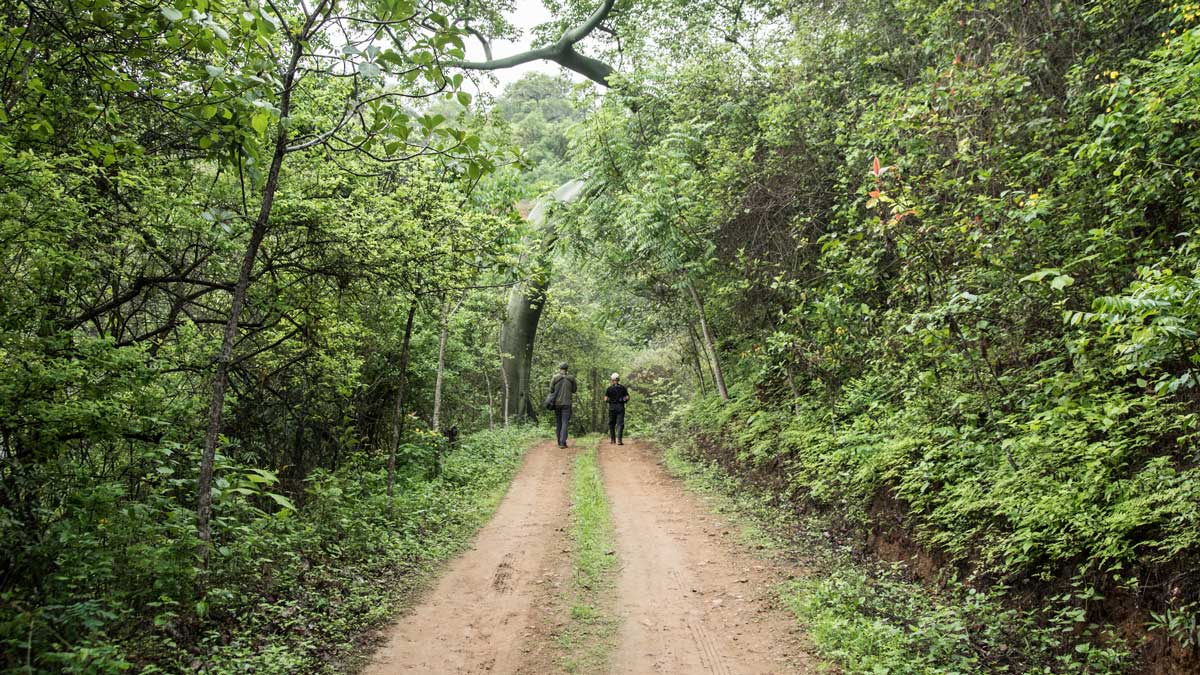
From Transactional to Transformational
We know that most of our readers are looking to travel inexpensively. So are we – our budgets are limited and we want to travel a lot! However, we suggest that the first step to going beyond transactional is to stop basing our choices on the cheapest itinerary or the least expensive hotel. Or, if you are fortunate enough to budget more for your vacation, spend money in ways that best benefit the local economy. Sometimes this means traveling less often to invest more in a single trip that makes a difference than in two or three trips that do nothing to promote tourism for good.
Therefore, we look for more than a cheap trip. We search for a great value. This might mean choosing to stay at a non-profit eco-lodge like Wildsumaco or those owned by the Jocotoco Foundation, like the Umbrellabird Lodge. If we stay at a private reserve, we try our best to glean how employees are treated and if they are paid a fair wage. It might mean directly hiring a local guide or tour operator so that more of your expenditure stays local. It means looking for community tourism projects run by the communities themselves rather than hiring outside managers to conduct business. We prefer family-run businesses to chains. We also prefer working with locals who have developed broad partnerships with fellow tourism business owners. Those who are willing to recommend their neighbors generally better understand how tourism should benefit the entire community, not only their own business.
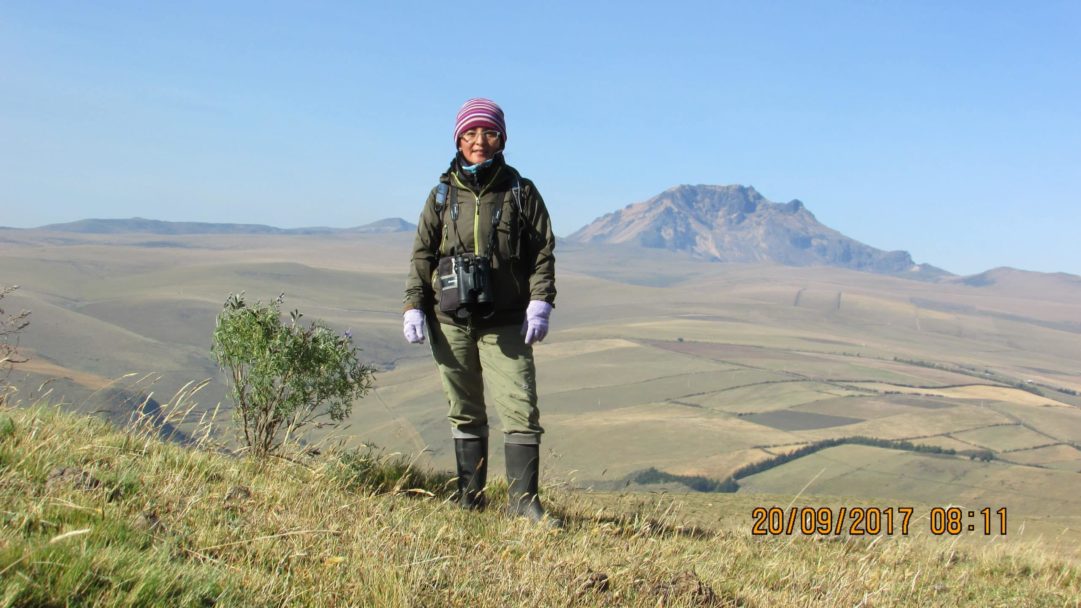
Dream Big
When we become intentional in our trip planning, better understand our whys of travel, and spend our hard-earned money in ways that benefit local communities, we have set the stage for a transformational journey.
As part of our consulting business, we often help our clients, both tourist and tourism professionals, take these considerations into account, encouraging them to dream big. Our pre-trip interview process is designed to reflect a traveler’s intentions and to better set the stage for a transformative journey.
Our partner applications encourage a deep examination of the UN Sustainable Development Goals, a first step towards designing and operating a tourism business that is transformative for business owners, employees, and guests alike.
In short, we want all of us to benefit from travel and tourism. Whether you hire us to support you in your efforts or do this on your own, we want you to succeed at bringing your wildest dreams to reality.
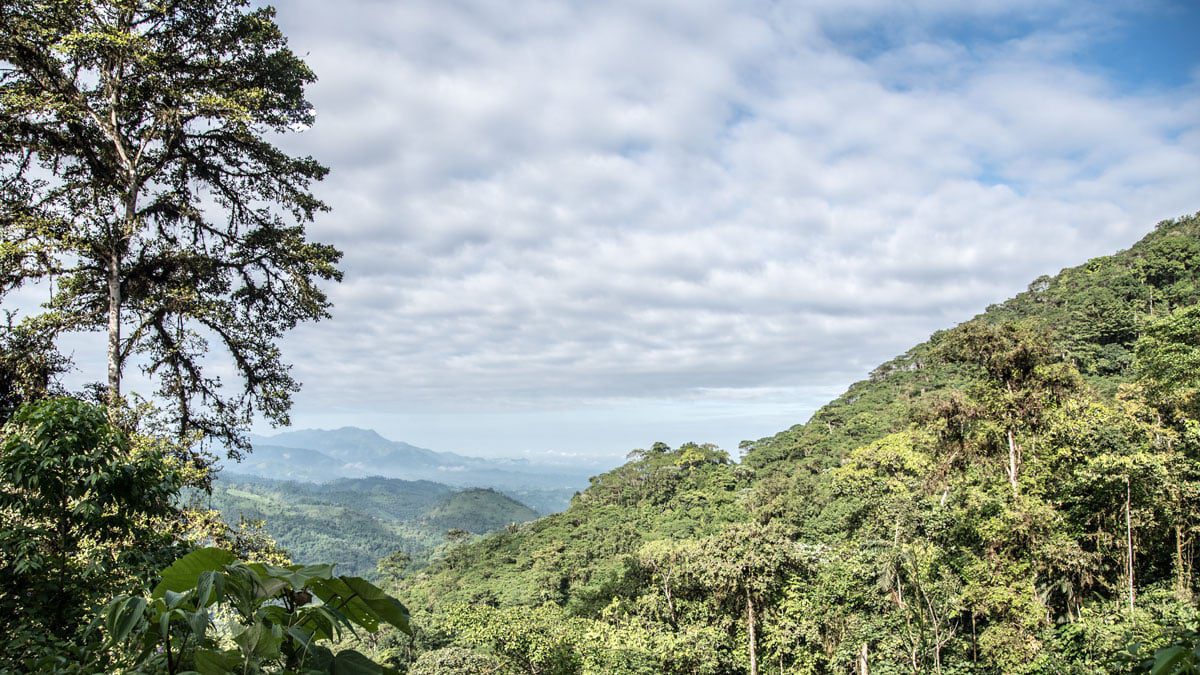
Catch the podcast version here:

